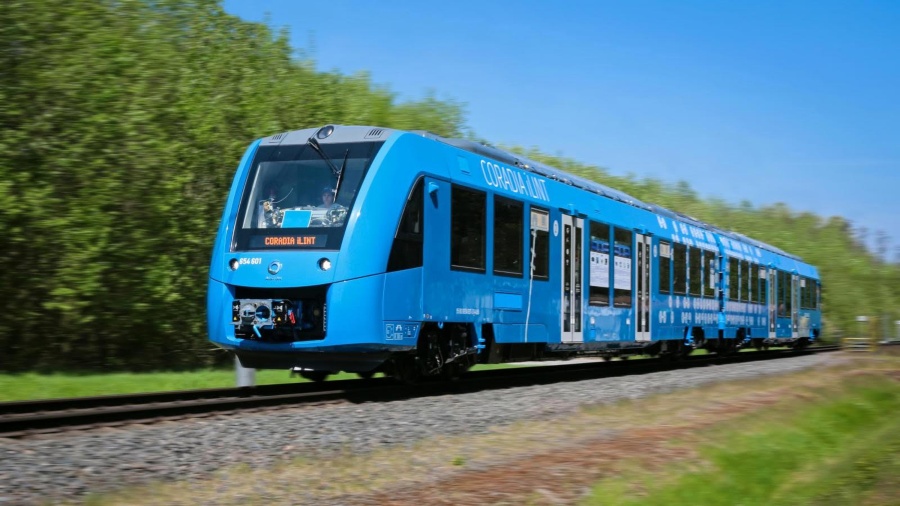
In order to reduce the Indian Railway’s carbon footprint to zero, it has awarded a contract to Hyderabad-based Medha Servo Drives to upgrade one diesel electric multiple unit (DEMU) rake along the Sonipat-Jind route.
A plan has also been finalized to introduce hydrogen fuel cell-powered narrow-gauge locomotives on the Kalka-Shimla stretch.
Trains currently powered by diesel can be modified using hydrogen fuel cells using a technology developed by Medha for an estimated cost of approximately Rs 70 crore, according to the Railways.
Railways say that their investment in the hydrogen fuel cell project will be repaid in less than two years as hydrogen is less costly than diesel.
Converting a diesel-powered DEMU to a hydrogen-powered train set will not only save Rs 2.3 crore per year but will also reduce the carbon footprint (NO2) by 11.12 kilo tons per year, as well as particulate matter by 0.72 kilo tons per year.
In the conversion project, DEMUs along the 89-kilometer Sonipat-Jind route will be modified. Hydrogen fuel cell propulsion will be used for two hybrid narrow-gauge locomotives in the future.
The diesel engine, alternator, radiators, auxiliary generator, water piping in the fuel tank, batteries, and inverters will be removed.
Electricity and hydrogen are both energy carriers. As a fuel, hydrogen produces no exhaust emissions.
As hydrogen is the cleanest transportation fuel, its use will help to reduce pollution from trains. By using solar energy to electrolyze water, hydrogen can easily be produced.
Read the most up to date Fuel Cell and Hydrogen Industry news at FuelCellsWorks




